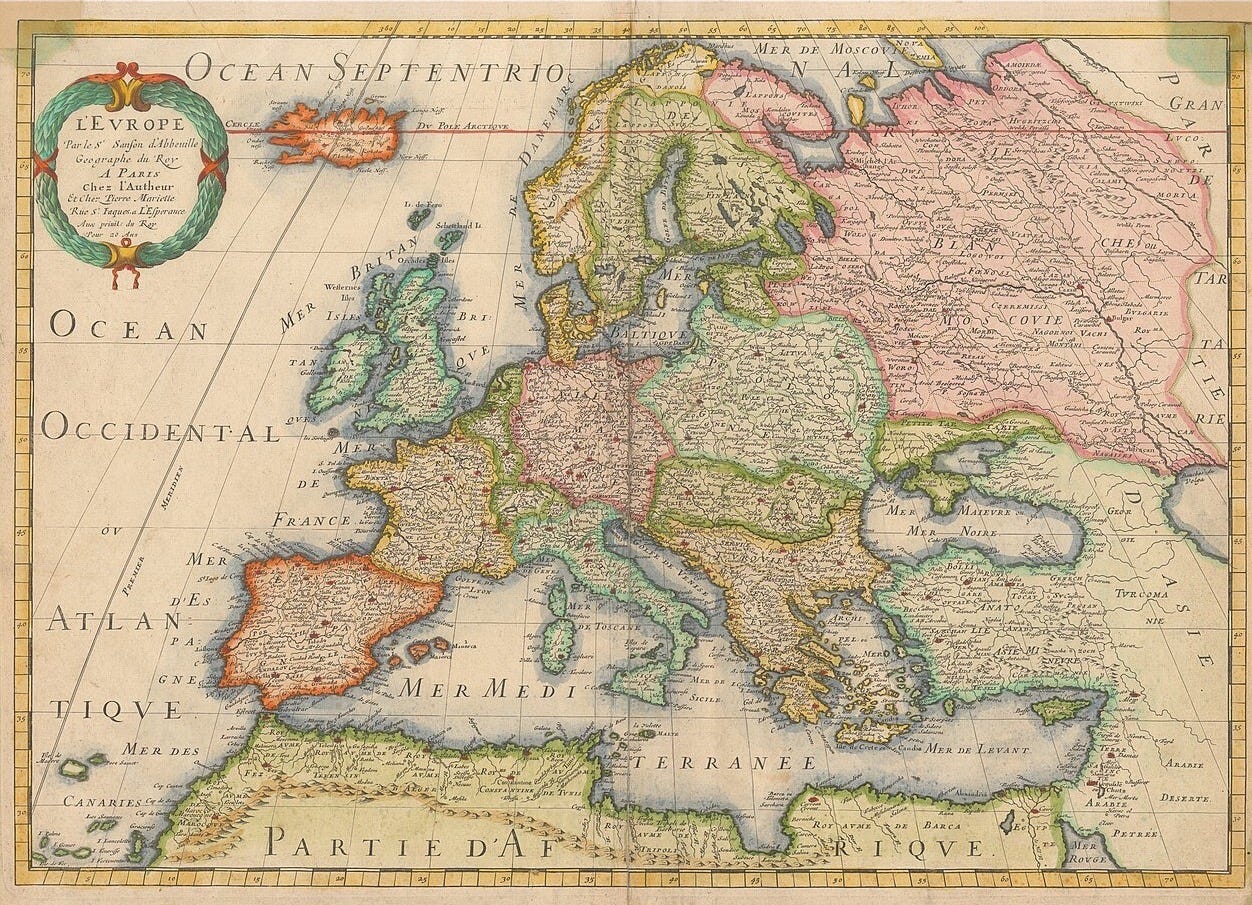Europe: Nomads, Language, and Blood
The entire prehistory of Europe part III
Welcome to Cosmographia — a newsletter dedicated to exploring the world and our place in it. For the full map of Cosmographia posts, see here. This is the part III of the story of Europe’s prehistory; you can find part I here, and part II here.
One could easily write a history of Europe through the mass migrations of steppe nomads from the East.
In antiquity, the cities of the Greeks and Persians were often troubled by roaming bands of Scythians and Cimmerians, while the Romans, who knew martial prowess when they saw it, recruited Sarmatian horsemen into elite cavalry units. When the great empire eventually began to falter in 4th and 5th centuries AD, the arrival of the Huns on its eastern edge set off a chain reaction of migrations as the Vandals and Goths fled before them. Later, the Middle Ages saw various groups of steppe nomads sweep into Europe to form kingdoms of their own, some of which — Hungary, Bulgaria, and Turkey — still exist in some form today. And this is before mentioning the most notorious of all the nomadic hordes, the group that threatened to conquer the entire world: the Mongols.
These stories are all well known. But there was another mass migration from the Eurasian steppe, one which took place in the dark recesses of prehistory, one whose legacy far exceeds the deeds of Attila the Hun or Genghis Khan. Once we were blind to events such long past, but now, with the advent of genomics, we can see.
Five thousand years ago, on the Pontic steppe north of the Black Sea, a small group of farmers abandoned their homes and their fields. What they did next resulted in a demographic deluge that flooded Eurasia from the shores of the Atlantic to the mountains of Central India. Today, 3.2 billion humans — some 46% of all people on Earth — speak a descendant of their language. They were the Indo-Europeans, and they would transform world history forever.




